The IPL is a good barometer in India: its suspension shows us how serious this is
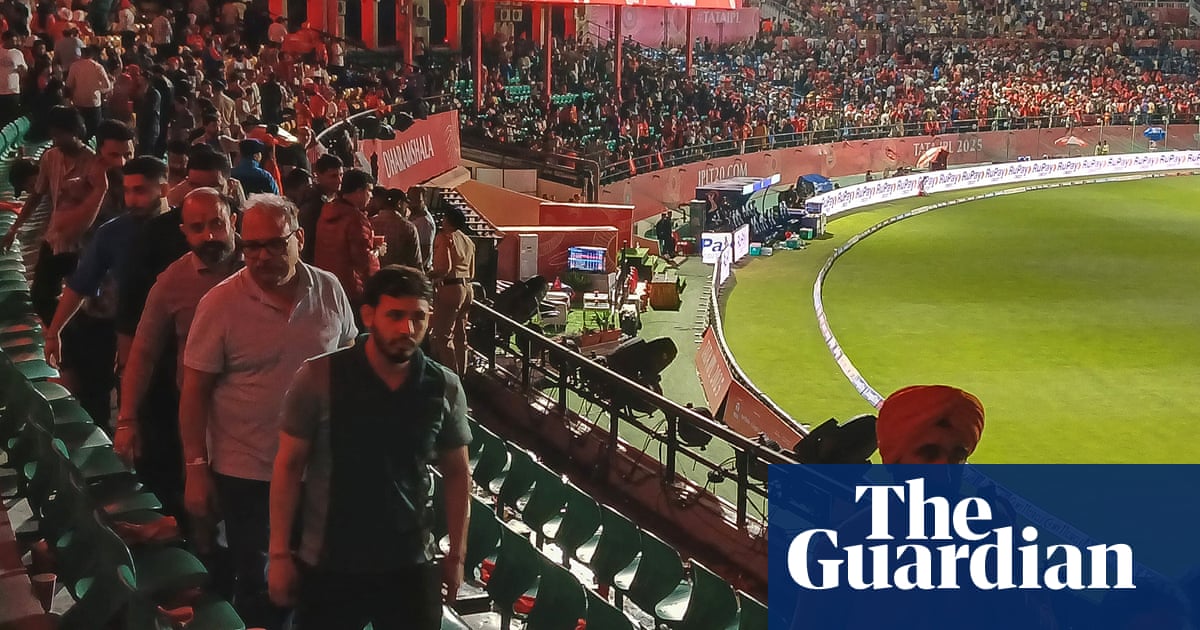
It’s not often that two sets of people find themselves in the same situation on either side of one of the world’s most fractious borders.When Friday dawned, amid swirling rumours of missiles wrecking neighbourhoods and falsehoods about pilots being captured, cricketers in India and Pakistan sensed that something was about to give.The Pakistan Super League acted first, telling all its players, coaches and officials to stay in their hotel rooms, bags packed at the ready. At some point in the day the call would come, they were told, and they should be ready to head to the airport and fly to the United Arab Emirates where the last eight games of that tournament could be held.In India, the first signs of just how precarious the situation had become emerged the previous evening when a match between the Delhi Capitals and the Punjab Kings was interrupted after 10.1 overs when the floodlights went off in Dharamsala. Initially a technical failure was thought to be the problem, but when senior officials of the Himachal Pradesh Cricket Association walked out on to the field to urge the crowd to disperse calmly, the penny dropped.On advice of security agencies and the state government, the powers that be that run cricket were told in no uncertain terms that this show must not go on. About 200km away in Jammu drone attacks and missile strikes were foiled, air raid sirens sounded and the city was thrown into a complete blackout.In the end, the Board of Control for Cricket in India announced that the 2025 edition of the Indian Premier League was suspended for a week, and a further decision on whether the tournament would resume, be played later in the year or moved to another country would be taken then.At the same time though, logistics teams at the IPL franchises were scrambling to figure out how to get overseas players back to their countries pronto. “Look, even if it resumes in a week, the players can come back. For the moment, their safety and mental comfort is the most important thing to us,” an official from the Delhi Capitals said, declining to be named as the situation was in flux. “We are looking at charter flights, commercial airlines, all options. Ultimately the players will take the call but I’m sure they are waiting for advisories from their respective countries.”There were 12 league matches plus the playoffs and final remaining to be played in the IPL when it was suspended. While it may appear that this was the most obvious thing to do, given the insignificance of a cricket tournament in the larger scheme of things, the IPL is actually an unusually accurate barometer of the state of affairs in India.The IPL chair, Arun Singh Dhumal, is the brother of Anurag Thakur, the former BCCI secretary and politician from the ruling Bharatiya Janata Party and has served variously as union minister for sport, information and broadcasting and finance. The most recent BCCI secretary and current International Cricket Council head, Jay Shah, is the son of Amit Shah, the minister for Home Affairs.View image in fullscreen Fans outside the shuttered gates of Ekana Cricket Stadium in Lucknow on the day the conflict with Pakistan prompted the IPL’s suspension. Photograph: Arun Sankar/AFP/Getty ImagesThis overlap and proximity of politics and cricket ensures that the IPL is acutely aware of what the situation on the ground really is and how quickly things might escalate or de-escalate. Aside from the obvious security threats, those involved with the IPL have the pulse of the nation.skip past newsletter promotion Sign up to The Spin Free weekly newsletter Subscribe to our cricket newsletter for our writers' thoughts on the biggest stories and a review of the week’s action Enter your email address Sign up Privacy Notice: Newsletters may contain info about charities, online ads, and content funded by outside parties. For more information see our Newsletters may contain info about charities, online ads, and content funded by outside parties. For more information see our Privacy Policy . We use Google reCaptcha to protect our website and the Google Privacy Policy and Terms of Service apply. after newsletter promotionThe preponderance of probabilities: the physical danger to those involved, the sentiment of the largest segment of the audience and the jitters that sponsors felt at being involved with something that could backfire badly, should something untoward happen, meant that the IPL had to be suspended.This decision shows that the IPL has learned from when it played out for far too long in the midst of the Covid-19 pandemic. At a time when there were no hospital beds to be had and crematoriums were running out of wood to burn, this garish festival of cricket and excess continued until the public could take it no more and a groundswell of negative reactions forced the hand of administrators.To halt a tournament of this scale is not a decision taken lightly, given the wide range of stakeholders. From those who directly benefit – the players, the broadcasters, the support staff – to the wider cricket ecosystem that hits its annual targets in two months of competition, there is so much riding on the IPL that even suspending it temporarily leaves thousands out of pocket.But the time had come when it was no longer a matter of inconvenience or commerce. Even the IPL does not play on when it’s a matter of life or death.

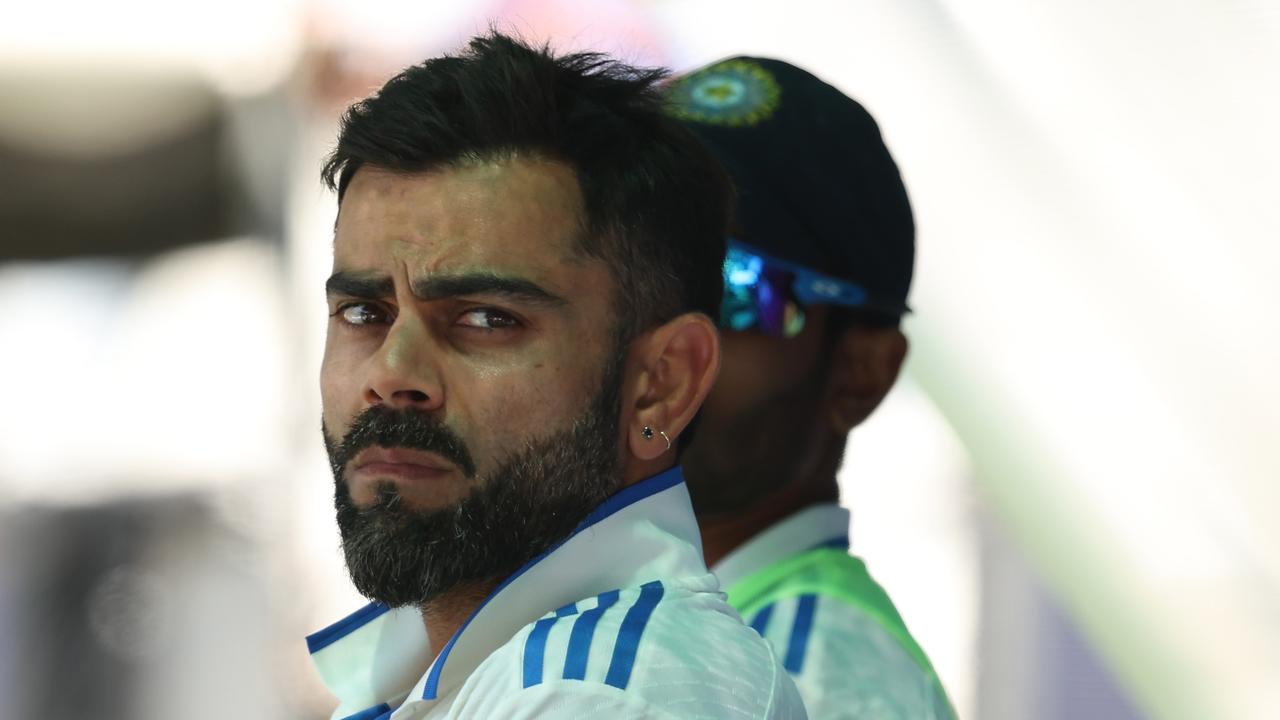

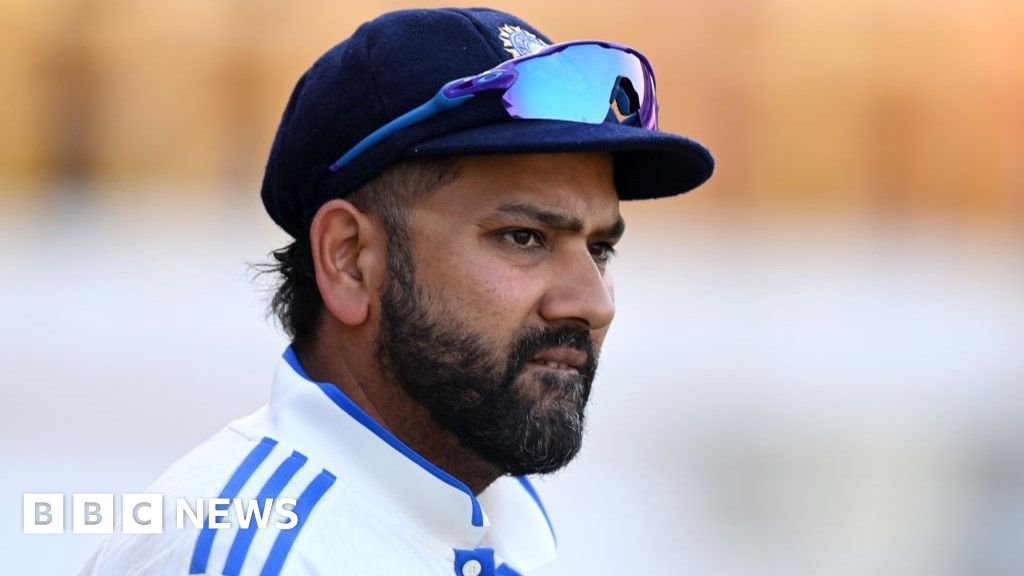
.jpg)



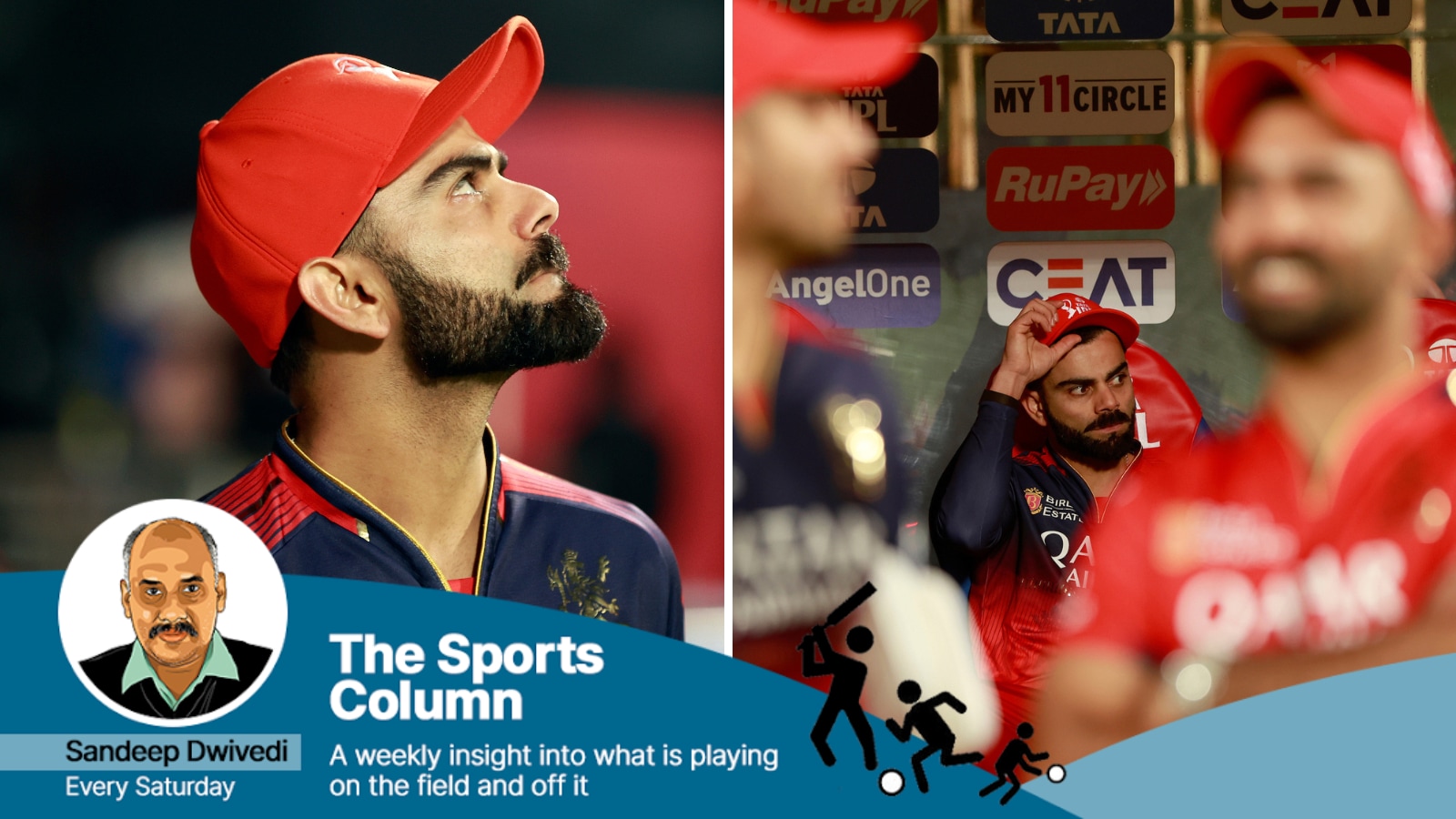
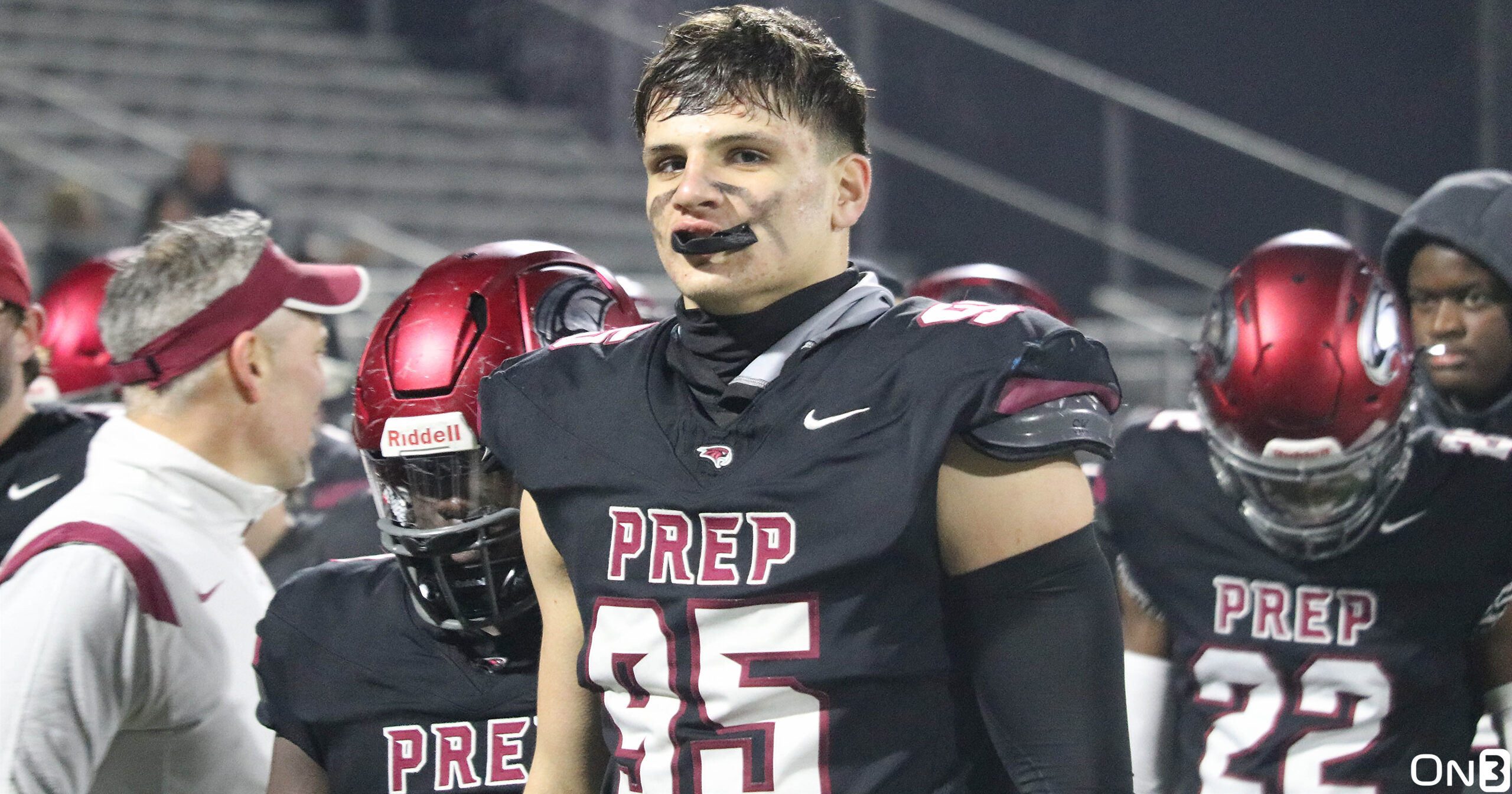
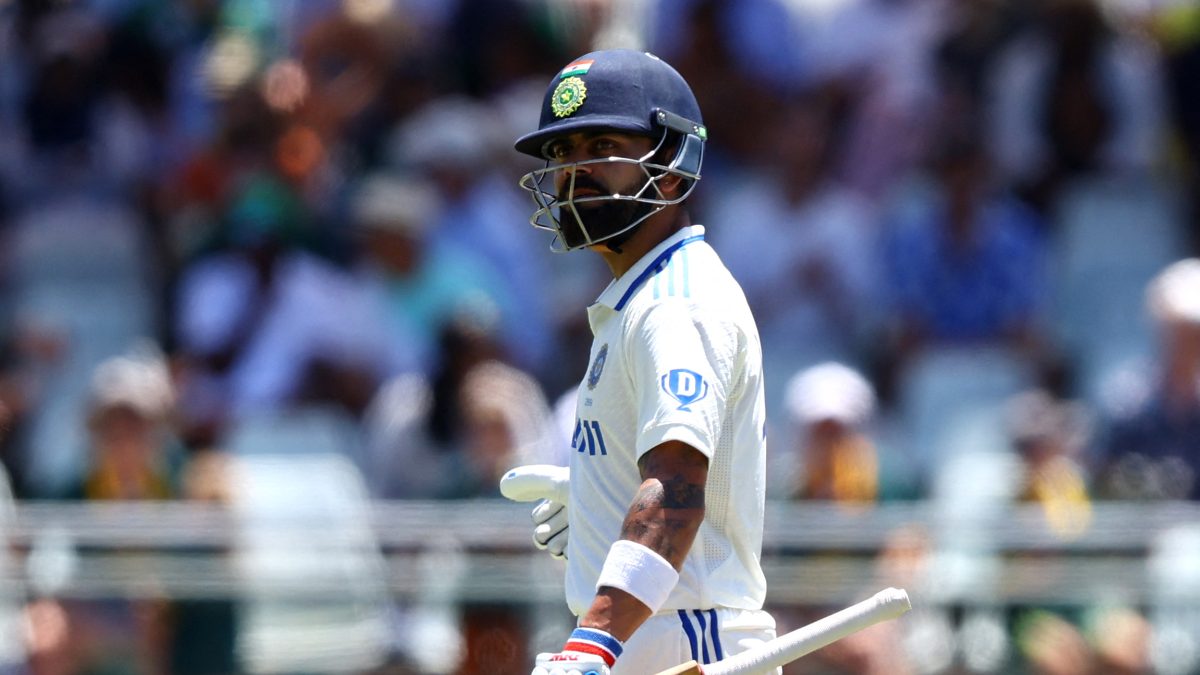)
